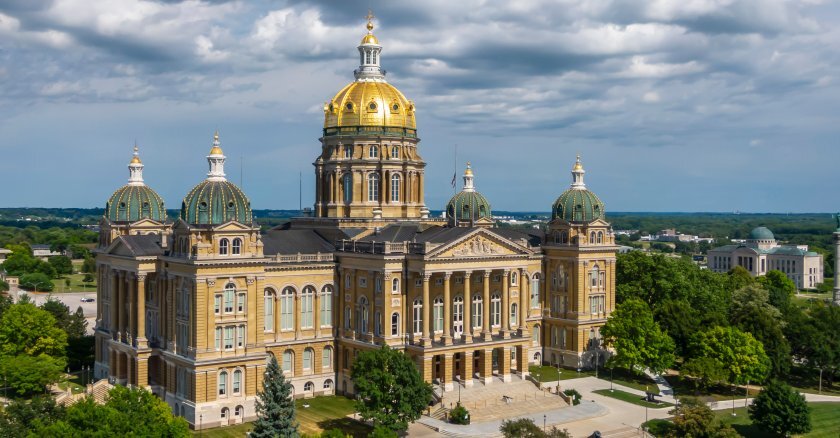However, effective policies and proactive reforms are continuing closer to home, and the administration should take note. It’s the states, not Washington, that are advancing policy reforms that improve lives and livelihoods. We even see the fruits of these efforts as people relocate to states reflective of their own values.
North Carolina, now one of the quintessential electoral swing states and an in-migration powerhouse, is lowering the state income tax from a top rate of 7.75 percent in 2013 to 3.99 percent by 2027. Ten other states are already set to reduce their income tax rates in 2023. There are many positive economic benefits to lower taxes, but the morality of allowing individuals more ownership over their human capital is indispensable.
Parents are demanding changes to education, too. It’s no surprise that in a highly pluralistic society families have differing views on what education means. More and more states are delivering through school choice and codifying parental rights.
Iowa and Utah enacted robust legislation essentially giving families universal choice on where they want their kids to attend school. As more and more parents re-examine the purpose of education, instead of merely being trapped in the same arguments over expenditures, demand for school choice policies is only going to expand. Arkansas, Florida, Georgia, Idaho, Nebraska, Ohio, Oklahoma and Texas are just some of the other states expected to expand school choice in 2023.
The race to empower parents to push back against illiberal social experimentation and other forms of bureaucratic group-think prevalent in many public schools is just beginning. “True education is meant to develop the individual human being, the person, rather than to serve the state,” declared the notable conservative writer Russell Kirk.
Election reform is another essential issue for many Americans. Simply put, people want to know that votes are counted fairly and that the process works. It’s OK for voters to ask questions about election security and petition lawmakers for greater transparency and accountability. Expansion of popular voter ID initiatives are one way to secure elections. Demands for greater ease of voting are also popular. This must be balanced by efforts against promoting an ever-expansive election season that gives political parties more opportunities for manipulation and control over outcomes. States can easily do that without federal intervention and meddling.
In fact, states and localities are better equipped to take up most every issue, from energy to school security, crime, health care and land use, to name only a few.
Our first 13 states championed a robust federalist system because they were rightfully weary of centralized power. They understood the simple truth that those who govern closest to the citizenry govern best. It’s no surprise that the further our government is from the people, the gaudier and more dysfunctional it becomes. “Government to be safe and to be free must consist of representatives having a common interest and a common feeling with the represented,” declared the early 19th-century Virginia politician John Randolph.
How we think about government matters. If we think about Washington, D.C., and one-size-fits-all solutions first, Americans are destined to be disappointed and rightfully outraged by the actions of government. In a 2013 speech that is now largely forgotten, then-Louisiana Gov. Bobby Jindal reminded us of a monumental truth: “America is not the federal government.”
Reducing America to government, or even thinking of our government as primarily national, is an extremely hollowed-out vision of the character and mettle of our country. The sooner we pivot away from feeding a broken system ill-equipped to solve myriad problems in 50 different states, the sooner we can be a part of solving those problems — and even open our eyes to all the good that is happening now.
Ray Nothstine is a writer at State Policy Network, an association of state-level free-market think tanks, and senior editor of SPN’s upcoming federalism publication, The 85.
Governing's opinion columns reflect the views of their authors and not necessarily those of Governing's editors or management.
Related Content













